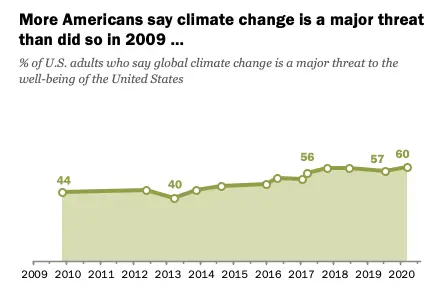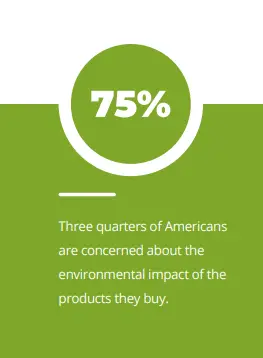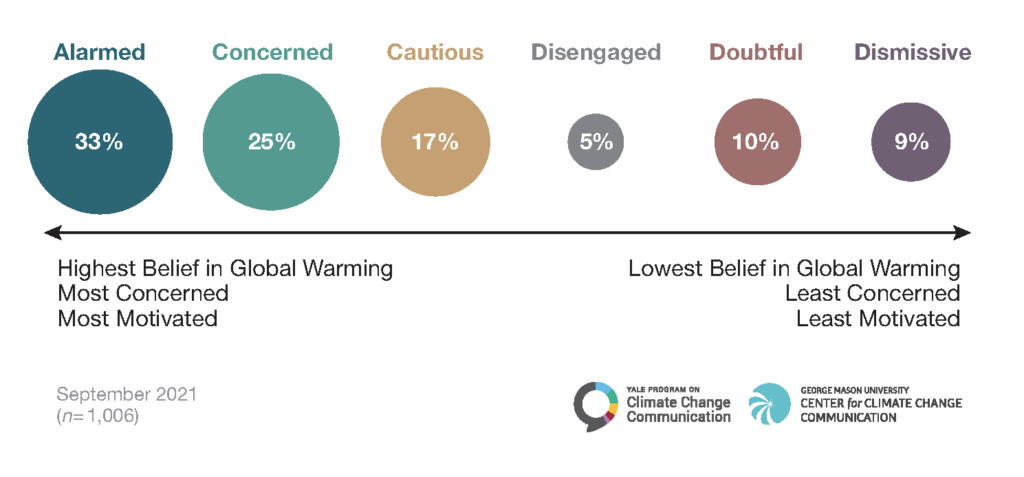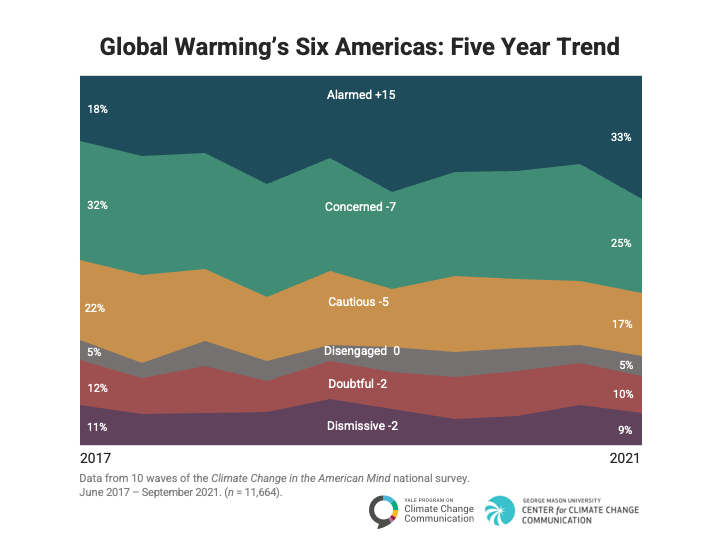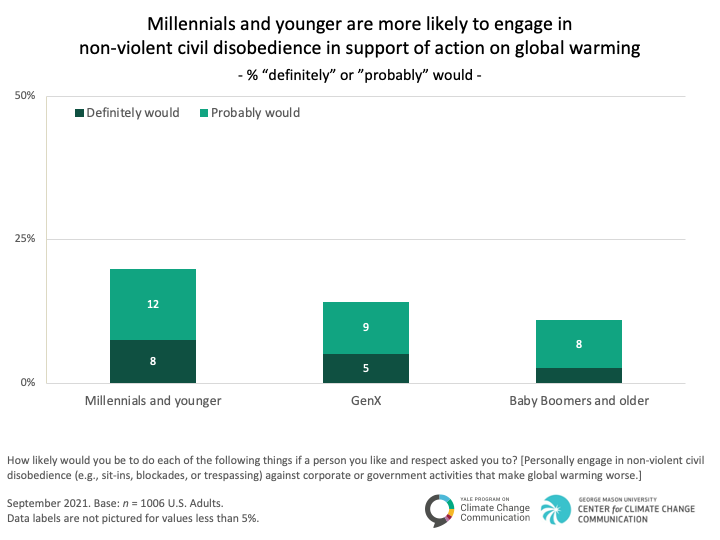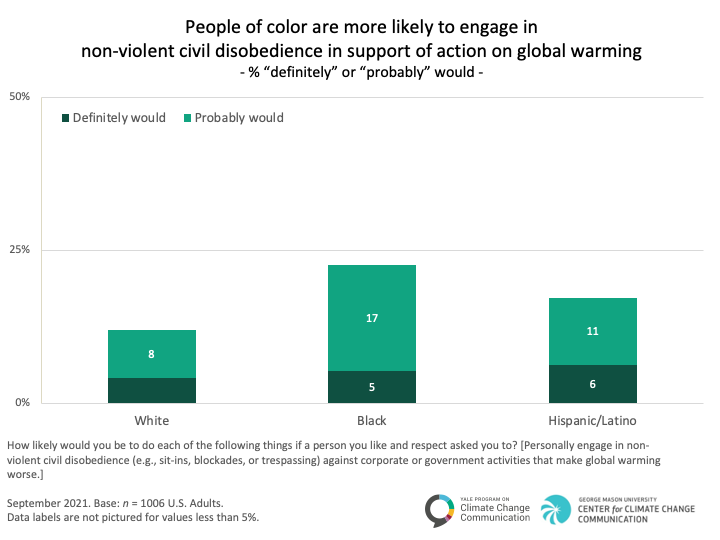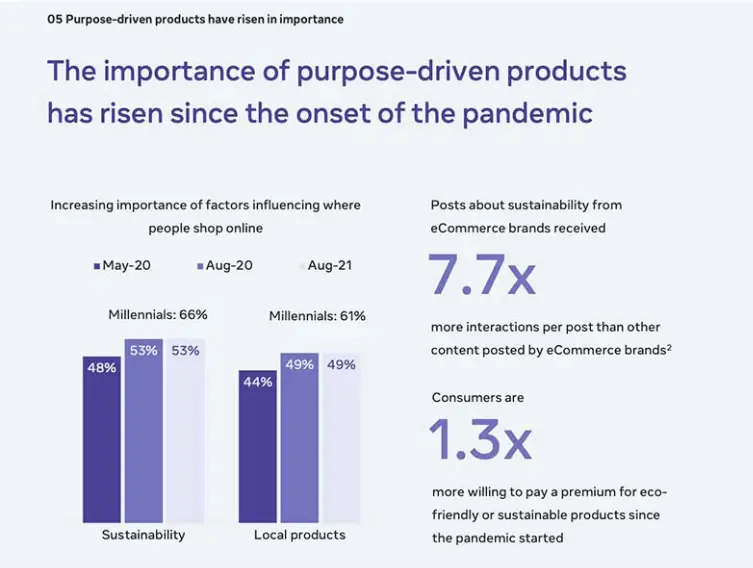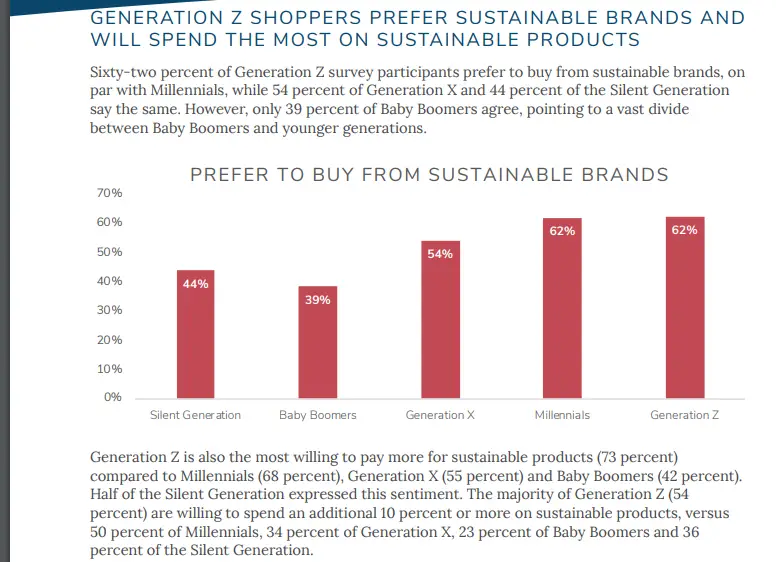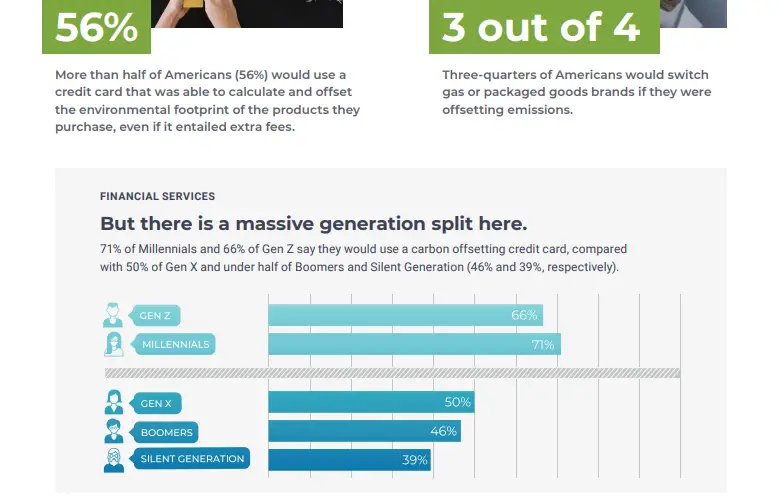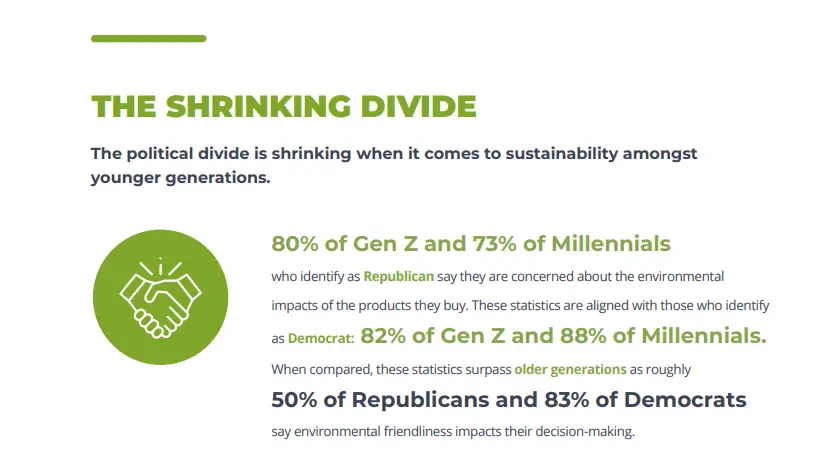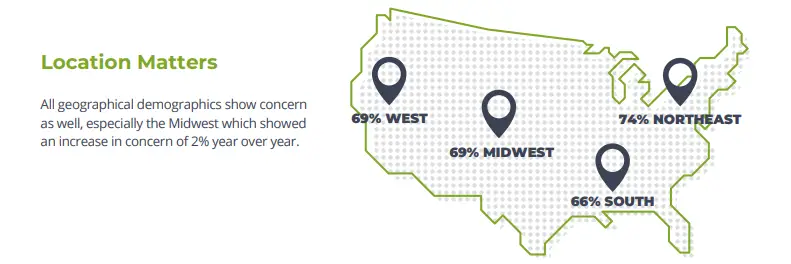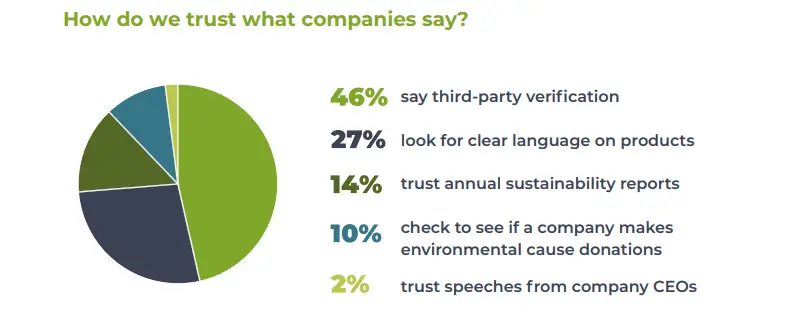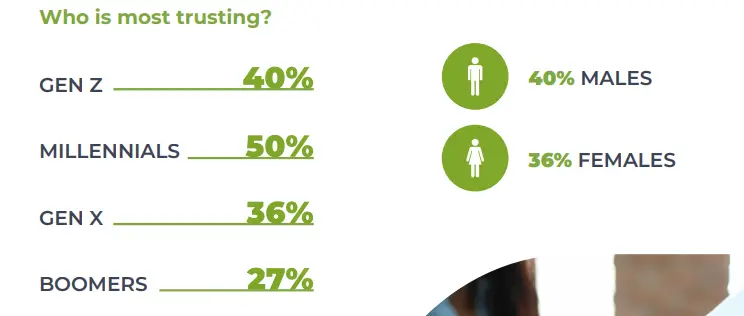Part
01
of one
Part
01
Ethical Consumerism
Key Takeaways:
- The level of concern regarding climate change among Americans grew from 44% in 2009 to 60% a decade later.
- According to a 2021 GreenPrint survey, about 76% and 74% of Americans would be willing to shift from their preferred packaged goods and gasoline brands, respectively, if they were reducing carbon emissions.
- Furthermore, consumers' decisions on the retailers that they shop from are increasingly being influenced by environmental issues.
- While it is evident that raising awareness of environmental and social issues impacts US consumers’ purchasing decisions, it is important to understand that U.S. consumers are still wary of sustainability claims by businesses.
Introduction:
- This report provides insights on raising awareness of environmental and social issues in the United States. It also provides insights on how raising awareness of environmental and social issues impacts U.S. consumers’ purchasing decisions. Below is an overview of the findings.
Summary of Findings
Insights on Raising Awareness
Rising Overall Concern
- In 2009, only 44% of Americans were concerned about the effects of global climate change. However, a 2020 survey by Pew Research established that the percentage had grown to about 60% in about a decade.
- The level of concern seems to have grown with the 2022 GreenPrint survey establishing that 75% of consumers are concerned about the impact of the products that they buy, and a 2022 Pew Research survey that found that about 69% favor the country's carbon neutrality goals.
Categories of Concern
- A September 2021 study by Yale University categorized the level of concern regarding climate change by Americans into six groups. The study found that about 33%, the largest group, were alarmed about global climate change, and about 42% were either concerned or cautious. About 5% were disengaged 19% were either doubtful or dismissive.
- Looking at Yale's analysis of the five-year trend, the percentage of Americans who are concerned grew by about 15% from 2017 to 2021, while that of those who are concerned, cautious, doubtful, and dismissive dropped by 7%, 5%,2%, and 2%, respectively. There was no change in the share of the disengaged group.
Concern by Race
- Another study by Yale found that in 2020 about 57% of Latinos/Hispanics considered global climate change to be a very important issue. Black Americans came in second at 53% and Whites (35%) were the least concerned about climate change among the three races.
- A poll conducted by Pew Research in 2021 found that the share of Latinos/Hispanics who consider addressing climate change a top or among the top priorities stood at 81%. This was 14% higher that the share of non-Hispanics (e.g. African Americans and Whites) who believed climate change mitigation should be prioritized.
Action for Climate Change
- When asked whether they would be willing to personally engage in "non-violent civil disobedience for the climate," about 8%% and 12% of Millennials and younger said that they 'definitely would' and 'probably would,' respectively.
- Only about 14% of Boomers chose either option. Also, people of color were more likely than Whites to personally engage in either activity with confirmation from 22% and 17% of Blacks and Latinos, respectively.
- Also, the same trend was seen when Americans were asked about their willingness to support activities by organizations in support of climate action. However, it was established that larger percentages were willing to support indirectly than directly/personally. For example, about 21% and 14% of Millennials and younger said they 'definitely would' or 'probably would' support, respectively.
Satisfaction with America's Progress
- In a poll conducted by Pew Research in 2018, about 67% of Americans were not satisfied with the government's efforts to mitigate the effects of climate change. In 2020, another poll by the research company found that this percentage had dropped by 2% to 65%.
- In 2022, after the introduction of President Biden's climate agenda, a survey by the same company found that only 36% of Americans think that the country is doing less than other developed countries and 75% support the involvement of the U.S. in international climate efforts.
Impact on Purchasing Decisions
Impact on Product Categories
- According to a 2021 GreenPrint survey, about 76% and 74% of Americans would be willing to shift from their preferred packaged goods and gasoline brands, respectively, if they were reducing carbon emissions.
- According to statistics published by Facebook IQ, Americans, especially Gen X and Millennials, are prioritizing consumer packaged goods brands that are focused on lessening environmental impact and are concerned about issues such as recycling and sustainability. Instagram posts with "sustainability-related hashtags received 4.2 times more interactions per post" than those without.
Where People Shop
- Buying local and sustainability are increasingly key factors in determining where Americans shop online as many seek to engage with e-commerce brands that have similar values to theirs. As of August 2021, local products and sustainability influenced where 49% and 53% of Americans shopped, respectively.
- Furthermore, consumers' decisions on the retailers that they shop from are increasingly being influenced by environmental issues. As a result, younger U.S. consumers would pay more to purchase from retailers that embody sustainable business practices and source environmentally-friendly products.
Generational Differences
- A study by First Insight found that the share of U.S. consumers who are willing to pay more for sustainable products increased from 58% in 2019 to about 68% in 2021. Notably, a 2020 study found that about 62%, 62%, 54%, 39%, and 44% of Gen Z, Millennials, Gen X, Boomers, and Silent Generations preferred sustainable products, respectively.
- Also, about 71%, 66%, 50%, 46%, and 39% of Millennials, Gen Z, Gen X, Boomers, and Silent Generation "would use a carbon offsetting credit card," respectively.
Other Demographic Differences
- A 2022 GreenPrint survey found that the impact of social issues and sustainability varies by other demographic factors, such as political affiliations. The purchase decisions of about 83% of U.S. Democrats would be influenced by sustainability, compared to 50% of Republicans. However, the gap by political divide is smaller for the younger generations with 88%, 82%, 73%, and 80% of Millennial Democrats, Gen Z Democrats, Millennial Republicans, and Gen Z Republicans being influenced by sustainability claims, respectively.
- In 2022, about 74%, 69%, 69%, and 66% of U.S. consumers located in the Northeast, West, Midwest, and South are concerned by the ecological impact of the products that they purchase.
The Trust Gap
- While it is evident that raising awareness of environmental and social issues impacts US consumers’ purchasing decisions, it is important to understand that U.S. consumers are still wary of sustainability claims by businesses. For starters, they are confused by the icons used to imply sustainability such as these:
- Secondly, while about 66% said that they are influenced by a company's sustainability report, only 38% of consumers believe companies' sustainability claims, which is a 2% drop from 2021. When asked how they verify sustainability claims, 46%, 27%, 14%, 10%, and 2% relied on third-party verification, clear wording on packages, annual sustainability reports, companies' environmental-focused donations, and CEO speeches, respectively.
- Again, demographic differences are evidenced when it comes to trusting companies' sustainability claims. Millennials are the most trusting with 50% saying that they trust companies' claims. Also, 40% of males and 36% of females trust sustainability claims.
Research Strategy
Using credible sources such as surveys by Pew Research, Yale Program on Climate Change Communication, and Green Print, we managed to provide the requested insights. For the first part (raising awareness) we provided insights on how the trends have changed recently for four insights. For one, we have provided differences by demographics.
